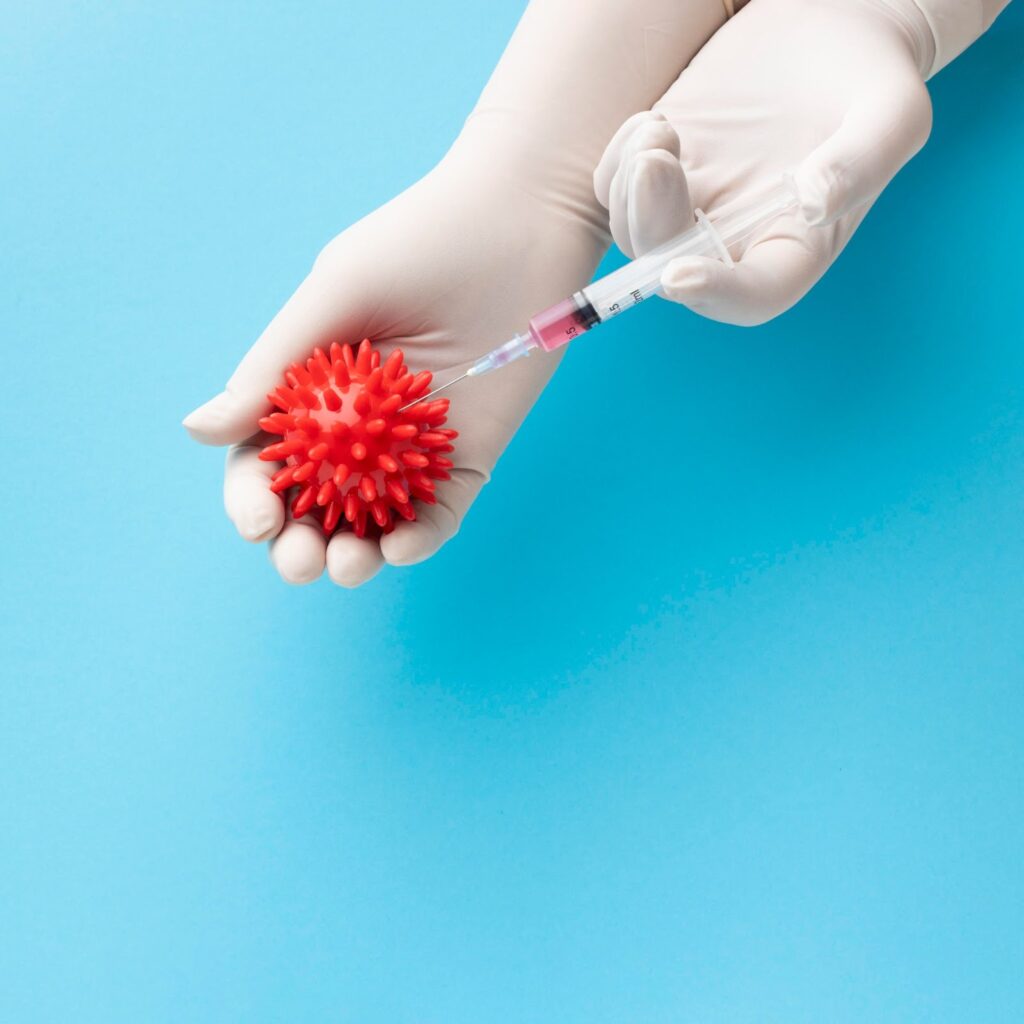-

Covid-19
Dexamethasone
What is Dexamethasone?
Dexamethasone is a corticosteroid that works in a similar manner as a natural hormone produced by our adrenal glands. It is used when our body underproduces this chemical. Dexamethasone helps in reducing inflammation, soreness, pain, and burning within the body. Due to its anti-inflammatory properties, dexamethasone is used to treat arthritis, skin, blood, kidney, thyroid, and gastrointestinal disorders. It is used against severe allergies, asthma, and certain types of cancer. Dexamethasone comes in a tablet form or a solution and is meant to be taken orally. Once your doctor prescribes dexamethasone dosage, you must stick to the doctor’s recommendations. If you stop taking dexamethasone abruptly, it can affect your appetite, cause nausea, vomiting, upset stomach, headache, drowsiness, fever, joint pain, peeling skin, and weight loss. The correct way to stop taking this medication is to ask your doctor to reduce the dosage gradually. This allows your body time to get accustomed to a lower dosage. If the side effects present themselves when consuming a reduced dosage of dexamethasone, talk to your doctor. You may need a higher dosage or start retaking the medication.Side Effects
Dexamethasone is a potent drug that presents various side effects. In case of persisting symptoms, reach out to your health provider.- Dexamethasone can cause stomach irritation, upset stomach, and loss of appetite. To avoid harmful effects on the digestive system, take this medication with food or milk to reduce its impact on the digestive system.
- Vomiting, nausea, and dizziness may occur while taking this medication.
- Dexamethasone may affect your sleeping patterns causing insomnia, headache, restlessness.
- The side effects of dexamethasone can present themselves in the form of mental health disorders such as anxiety, depression, and restlessness.
- Dexamethasone may cause increased hair growth, easy bruising and hamper your menstrual cycle by making them irregular.
- Skin deformities such as rash or acne
- Swelling in the face, legs, or ankles
- Vision problems such as blurry vision
- Infection that persists
- Muscle and joint weakness
- Black stool
Remdesivir
What is Remdesivir?
Remdesivir is the single most authorized treatment for COVID-19 infection, which is caused by the SARS-CoV-2 virus. This drug has gotten the green light from WHO for the treatment of Covid-19 infection in adults and kids older than 12 years of age. Remdesivir is given to people who have been hospitalized due to the COVID-19 infection. It should be noted that kids above the age of 12 years are eligible for remdesivir only if they weigh at least 88 pounds or above. Remdesivir falls into antiviral medications and works by restricting the expansion of viruses within the body. Remdesivir comes in a solution or a powder that can be mixed with a liquid and taken intravenously. The injection into the vein is done slowly and might take over 30 to 120 minutes under the supervision of a medical practitioner. The frequency of this medication is once daily for five to ten days. The dosage and length of remdesivir treatment depend upon your body’s response to the drug. While the injection of remdesivir in your veins is done under a doctor’s supervision, if you notice persisting signs, contact your doctor:- Chills or shivering
- Nausea and vomiting
- Sweating, dizziness, or vertigo
- Rash, wheezing, or shortness of breath
- Irregular heartbeat
- Swelling in face, lips, eyes, and tongue
Side Effects
Remdesivir may cause mild side effects but if your symptoms persist, contact your doctor immediately. Some mild symptoms that should be kept track of are:- Nausea
- Pain and swelling near the place of injection
- Soreness, bruising, and inflammation
- Yellow eyes or skin
- Dark urine
- Pain or discomfort in right upper stomach



 Acquaint ourselves With These 4 Foundational Types of Physical Therapy
Acquaint ourselves With These 4 Foundational Types of Physical Therapy